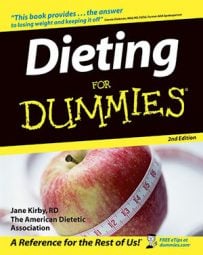The USDA recommends that you use fat and sugars sparingly in your diet. Most foods high in sugar and fat contribute many calories but few, if any, nutrients. However the USDA’s grouping of all fats with sugars riles some health groups.
There’s not much evidence to justify eating more sugar. However, critics say locking all fats and oils in the attic with sugar and sweets simply isn’t fair. All fats have the same number of calories but consider the bigger picture: Trans fats, found in foods made with partially hydrogenated fat, such as some stick margarines and solid vegetable shortening, are as unhealthy as saturated fat — animal fat that’s solid at room temperature.
Both trans fats and saturated fat raise unhealthy LDL cholesterol and contribute to heart disease. Unsaturated fats, on the other hand, improve cholesterol levels and thus lower heart disease risk. The oils of nuts, seeds, and olives are unsaturated. The bottom line, use any fat sparingly; they’re caloric. And when you do, make them unsaturated.
Fats include:
Bacon and salt pork
Butter
Cream (dairy or nondairy)
Cream cheese
Lard
Margarine
Mayonnaise
Salad dressing
Shortening
Sour cream
Vegetable oil
Sugars include:
Candy
Corn syrup
Frosting (icing)
Fruit drinks (unfortified)
Gelatin desserts
Honey
Jam or jelly
Maple syrup
Marmalade
Molasses
Popsicles and ices
Sherbet
Soft drinks
Sugar (white and brown)

